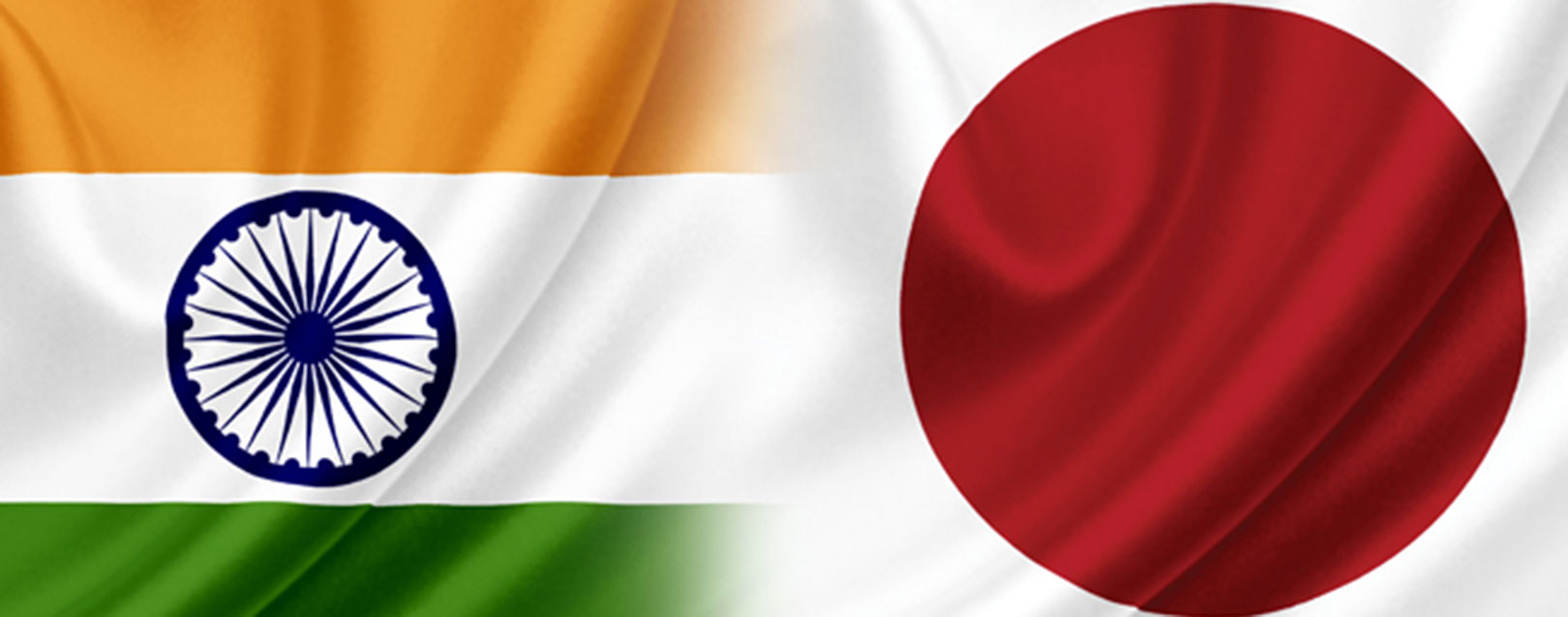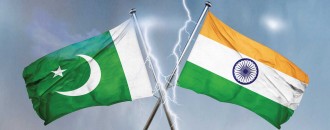
The Game Has Just Begun
Manish K. Pandey | The Dollar Business
Amid all the hullabaloo over demonetisation of Rs.500 and Rs.1,000 bank notes in India and Donald Trump winning US Presidential Election 2016, one vital news that couldn’t dominate headlines was the ‘Indo-Japan Nuclear Deal’. It isn’t just another civil nuclear deal between two nations. Though India has signed similar deals in the past with other countries including France, US, Canada, UK, South Korea and Australia, this one with Japan is special. The exchange of papers makes India the first non-NPT (Treaty on the Non-Proliferation of Nuclear Weapons) nation to sign a civil nuclear agreement with Japan, a country which is the only victim of nuclear weapons and as such has always been wary of signing a nuclear pact with a non-NPT signatory nation. And there’s more to this than meets the eye!
While the accord could hold the key to overcoming India’s long-standing energy shortage (as per International Energy Agency, the increase in India’s energy production is far below the country’s consumption needs, and by CY2040 more than 40% of primary energy supply will be imported, up from 32% in CY2013), it has already started altering Asia’s (particularly East and South East Asia) geopolitical landscape. In fact, early signs of a geopolitical shift in Asia are clearly visible with China’s state-controlled media openly warning India (perhaps, for the first time) of the long-term repercussions of its closeness with Japan. Hence, not to say, this Indo-Japan strategic embrace is a result of the growing unease over China’s expanding role in the region, and its say in the world economic order. The two countries have their reasons.
While New Delhi, which is viewed as a prospect that can run neck-and-neck with Beijing, has been confronted by the dragon at various global forums on a host of issues (including India’s entry into Nuclear Suppliers Group), Tokyo and Beijing have been fighting each other for regional dominance for over 15 centuries now. Even at present, both are locked up in maritime disputes in South China sea. If policy experts are to be believed, it’s the most worrying relationship in Asia today.
When it comes to India, the story is a little different. Over the last decade, India has emerged as Asia’s geopolitical sweetheart and the so-called world powers (be it US, Russia or Japan) have been vying for its affection, for the reasons known to everyone – several economic think tanks, across the globe, see India as the only country in Asia that can challenge China’s growing economic prowess. Hence, all of them are putting special emphasis on deeper collaborations with New Delhi as they see it as a perfect ally to counter Beijing’s growing influence in the East and South-East Asian region. And Japan is no exception. The country realises the time is right to take its alliance with India to the next level of geostrategic understanding. And signing of a nuclear accord is a significant step in that direction.
The deal appears to achieve geopolitical benefits for India too. For instance, the nuclear accord with Japan can pave India’s way to the coveted Nuclear Suppliers Group (NSG). For, it makes more difficult for China to keep India out of NSG as the accord brings India (in practice) within the NPT (Treaty on the Non-Proliferation of Nuclear Weapons) framework, thanks to the “termination and cessation” clause built within the agreement that prohibits nuclear tests. Further, India and China have been increasingly rubbing up against each other over the last few years. While China is expanding its presence in Indian Ocean, India has been pursuing strategies to make its presence felt in East and Southeast Asia. And what better than a strong ally in form of Japan would have India wished for?
Interestingly, India and Japan also share a common dream – a permanent seat in The United Nations Security Council (UNSC). And not to say, China has always been a roadblock on its path to stardom and popularity on this front. An enhanced diplomatic tie between India and Japan also means that the two will now have a stronger say when it comes to memberships in such inter-governmental organisations, both regionally and globally. That being said, the two will have to continue creating stronger links to the power corridors of the West if they really want to keep the dragon at bay. Both India and Japan know that the dragon’s shadow looms large over their geopolitical ambitions, and the sooner they enhance their diplomatic ties the better it is for them and the entire Asia-Pacific region. And that’s what exactly they have done with this pact.
How far can both go to balance out China’s assertive moves is something time will tell. But one thing is for sure - the geopolitical reconstruction of Asia has begun.


 to success.
to success.